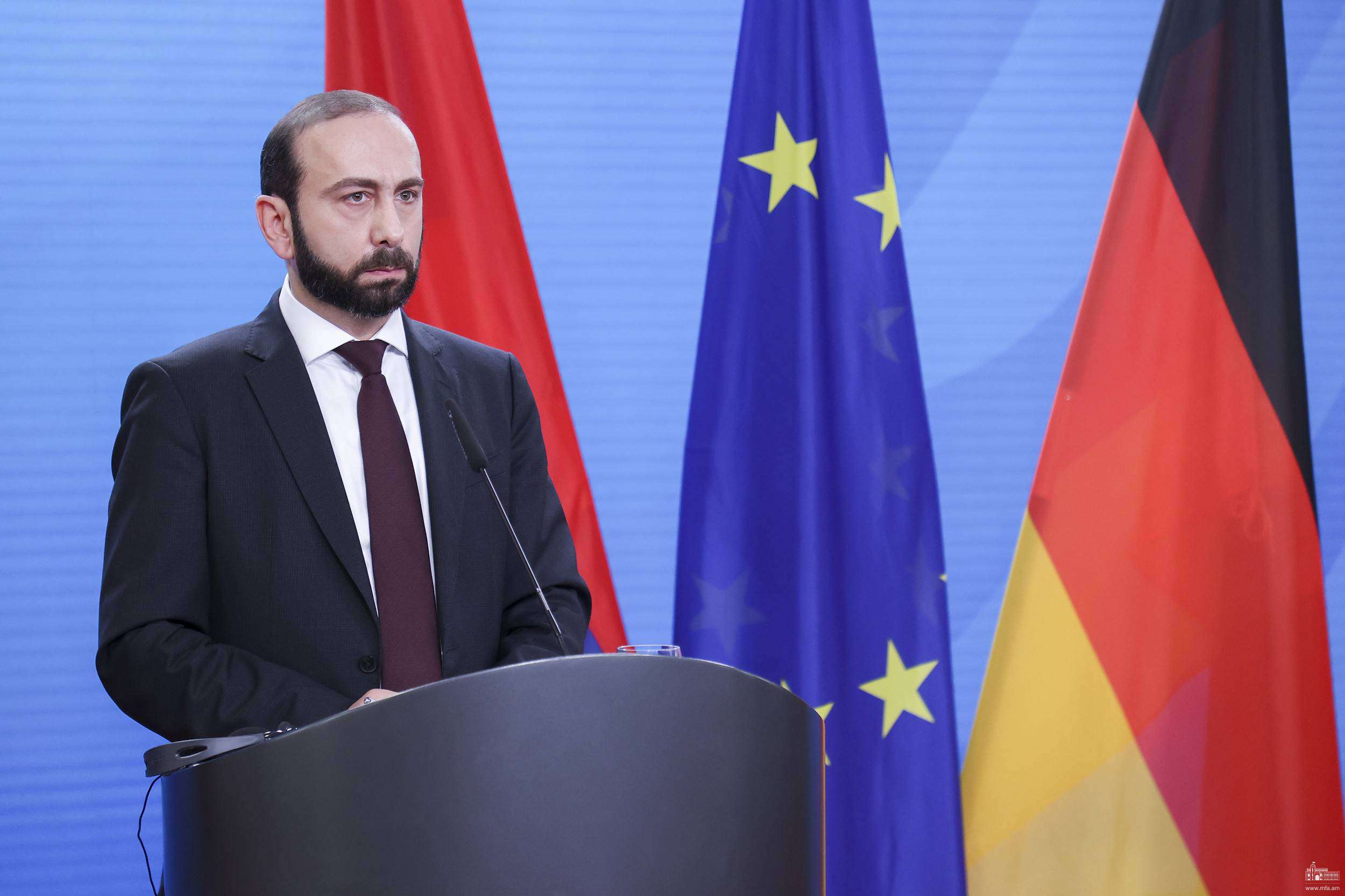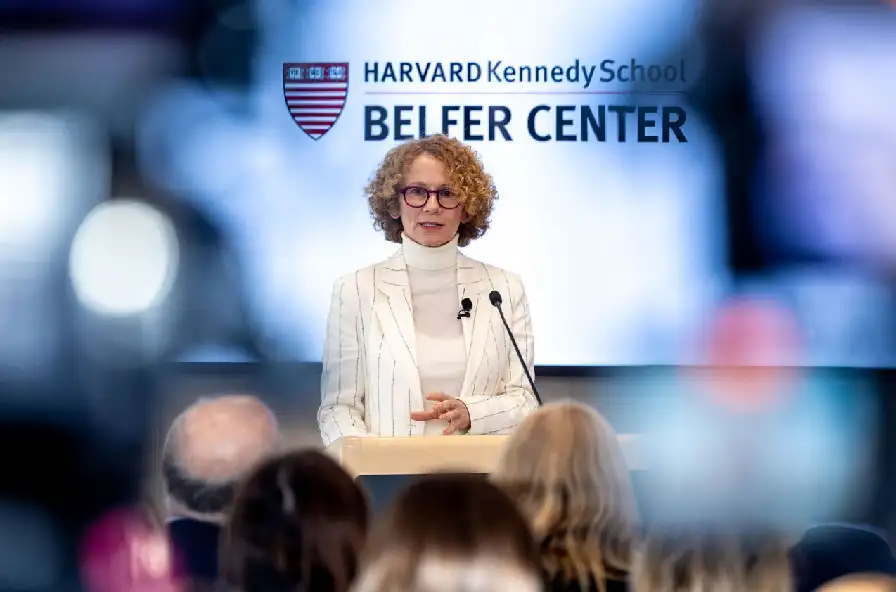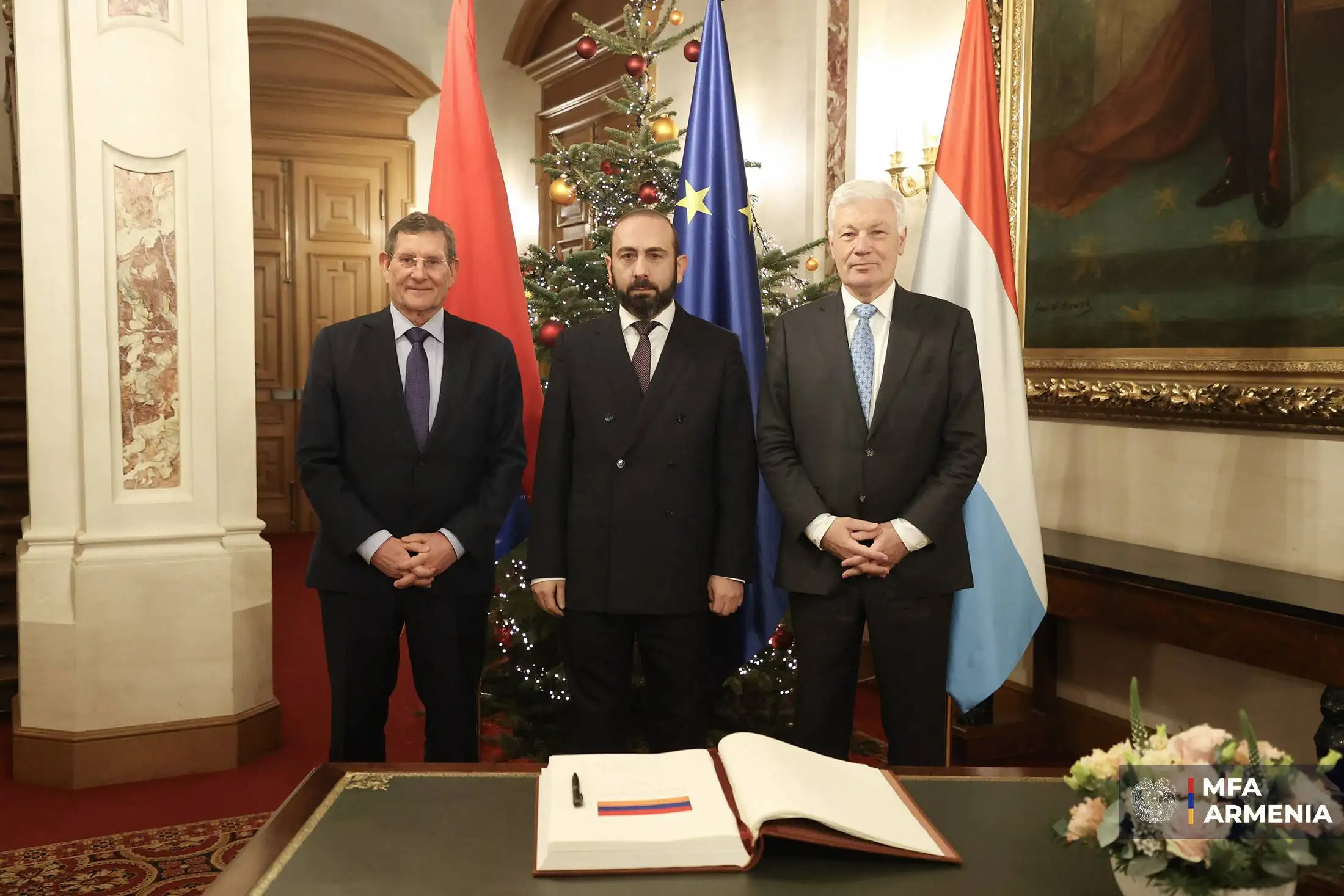On February 7, the Minister of Foreign Affairs of the Republic of Armenia, Ararat Mirzoyan, who is in Berlin on a working visit, had a meeting with the Minister of Foreign Affairs of the Federal Republic of Germany, Analena Berbock; as a result of which the Ministers of Foreign Affairs of Armenia and Germany held a joint press conference. In his speech during the press conference, Minister Mirzoyan said, in particular:
"Dear Minister,
Dear Colleagues,
First, I would like to thank my colleague Ms. Baerbock for the invitation, warm welcome, and fruitful discussions.
But before turning to our agenda, I would also like to express my condolences regarding the earthquake in Turkey and Syria. I want to express my condolences to the victims' families and wish the injured a speedy recovery.
Despite all the complexity of relations and realities, the Republic of Armenia extended its helping hand and expressed its readiness to provide humanitarian support to Turkey and Syria.
As a nation that saw a devastating earthquake in our territory in 1988, we emphasize that no society should be left alone during natural disasters.
Dear Colleagues,
I want to note that today we have noted with satisfaction the high level of the Armenia-Germany political dialogue; we have referred to the expansion of bilateral cooperation based on democratic values and common perceptions, and we have emphasized Germany's support for the large-scale democratic reforms taking place in Armenia. We have also discussed active multilateral platforms—interoperability issues.
Naturally, we discussed issues related to Armenian-German trade and economic cooperation, especially considering that Germany is our leading trade partner in the EU, and the German capital is represented in Armenia's economy. We must work to ensure and maintain the positive dynamics of the growth of bilateral trade turnover, stimulate investments and activate new business ties.
Of course, financial and technical cooperation also occupies an important place in the bilateral agenda. And we appreciate the German GIZ agency's and KFW Bank's activities in Armenia.
In promoting people-to-people contact, Germany's position is essential for us to progress in starting the RA-EU visa liberalization dialogue.
Continuing the topic of Armenia-European Union cooperation, I should mention that important issues of partnership expansion were on the agenda of the meeting, including the directions provided by the RA-EU Comprehensive and Extended Partnership Agreement, within the framework of the Eastern Partnership and in other platforms and formats where we cooperate.
I'm taking advantage of this opportunity, and I'd like to express our gratitude again for the European Union's decision to deploy a new long-term monitoring mission in Armenia. We are sure that this mission will play a significant role in establishing human security and stability in the region and in presenting the current situation to our partners in the EU member states operationally and reliably.
Continuing the topic of regional security and stability, today I presented to my colleague the existential challenges and dangers that both the Republic of Armenia and the people of Nagorno-Karabakh are currently facing.
Dear attendees,
As we speak, the 120,000 Armenians of Nagorno-Karabakh live under total blockade, cut off from the rest of the world. And this has been going on for two months now. Can you imagine if people are deprived of their fundamental right to free movement for two months?
Under the eyes of the whole world, Nagorno-Karabakh is facing a humanitarian disaster. In cold winter conditions, gas and el, electricity are cut off almost daily, families on different sides of the blockade, children are deprived of the right to education, and human lives need necessary medical intervention and are not receiving it.
All this is a consequence that Azerbaijan, deceiving the global environmental agenda and grossly violating its obligations under the tripartite declaration of November 9, 2020, has closed the Lachin Corridor, the only way connecting Nagorno-Karabakh with the outside world.
The blockade of the Lachin Corridor, as well as other aggressive actions that preceded it, such as the invasion of the sovereign territory of Armenia by Azerbaijani armed forces, and the creation of intolerable conditions for life in Nagorno-Karabakh, have one goal: to force the Armenian population of Nagorno-Karabakh to leave their homes and, in fact, thereby depriving them of the right to live in their homeland. It is perhaps impossible to describe this as a policy of ethnic cleansing. This is Azerbaijan's response to the calls of the international community to address the issue of the rights and security of the people of Nagorno-Karabakh.
Dear attendees,
In parallel with this, the consequences of the Azerbaijani aggression unleashed against the sovereignty and territorial integrity of the Republic of Armenia in May and November 2021, as well as in September 2022, have not been eliminated until now. Violating the norms of international humanitarian law and the tripartite declaration of November 9, Azerbaijan continues to hold Armenian prisoners of war and civilians as hostages, and the fate of many forcibly disappeared remains unknown. The destruction of the Armenian historical, cultural, and religious heritage of Nagorno-Karabakh continues in the territories passed under Azerbaijani control.
Despite all the difficulties and challenges, some of which I have listed, the advancement of the peace agenda is the principle and strategy of the Republic of Armenia. In this context, we emphasize the precise position of Germany as a supporter of democracy, human rights, and universal values and, no less important, as a member of the OSCE Minsk Group, in efforts aimed at stability and peace in the region.
Dear Madam Minister,
I thank you once again for the warm welcome and meaningful conversation. I am sincerely interested in continuing this dialogue to give new impetus to the agenda of the relations between the two countries, including through official exchanges.
Dear Colleagues,
I had the honor of inviting the minister to Armenia.
Thank you:
***
Question ("Freedom" radio station): My second question, Mr. Mirzoyan, is to you. A few days ago, you announced that the Armenian side presented new proposals regarding the draft peace treaty to the Azerbaijani side. What kind of offers are we talking about, and how are they now?
Ararat Mirzoyan. First, peace negotiations are ongoing, and Armenia is firmly involved. We aim to continue our active efforts in building a stable and lasting peace in our region. A regular meeting between Minister Bayramov and me and Minister Lavrov was planned for December.
This time it was supposed to take place in Moscow, but the Armenian side postponed the participation due to the Lachin Corridor's blocking. Because of this situation, as you said, we let the Azerbaijani side know about our new proposals for a peace treaty. And I also want to tell you that we received another response and suggestions from Azerbaijan a few days ago.
I repeat, this is an ongoing process, and we continue to work on the text in different, several stages, exchanging proposals and continuing the discussion. This is very important to understand that even though the Lachin Corridor is blocked, all other challenges remain. The negotiation process is not at a standstill; the negotiations are ongoing.
Of course, I must mention that the continuous, anti-Armenian, belligerent rhetoric of Azerbaijan, the propaganda of hatred towards Armenians, regardless of whether it is the Republic of Armenia or Nagorno-Karabakh, as well as on the ground, as they say, the aggressive actions, the continuous invasions of the sovereign territory of the Republic of Armenia, the occupation of our parts, the emergence of a humanitarian crisis in Nagorno-Karabakh do not contribute to the successful and smoother course of these negotiations, if we do not say that they hinder them.
In any case, we are very determined and firm on the peace agenda, and we will continue our active efforts for lasting peace in the region.
Question (Deutsche Welle): My second question is to Mr. Mirzoyan. You said that you offered support to Turkey. What do you suggest?
Ararat Mirzoyan. Thank you for the question.
The Republic of Armenia is ready and is currently discussing the transfer of essential goods in the form of humanitarian aid to the earthquake-affected regions of Turkey and Syria, as well as the dispatch of rescue service teams to relevant places to assist on the ground. Remember to remind yourself to repeat what I said in my opening remarks.
In 1988, in our territory, in the Republic of Armenia, we saw the disastrous consequences an earthquake can have, and we were not alone then. We have received help from the international community. We should also be ready to extend our helping hand to those who now need that help due to natural disasters.
Since you asked about Turkey, I also want to address the dialogue that is going on between our countries now. There is a dialogue, as you know, about the opening of borders and the establishment of diplomatic relations.
I want to reaffirm the readiness of the Republic of Armenia to be sincerely involved in this process and to make a logical and positive conclusion as soon as possible that there is some progress. The process is a little slow, but it is still very optimistic that we have positive records.
You are probably aware that Turkey and Armenia recently decided to lift the ban on air cargo transportation. This is another positive step, and we hope this process will continue faster and with more tangible achievements. At least, on the part of RA, I also want to reaffirm our position regarding having a peaceful, cooperative, and stable large region."




















